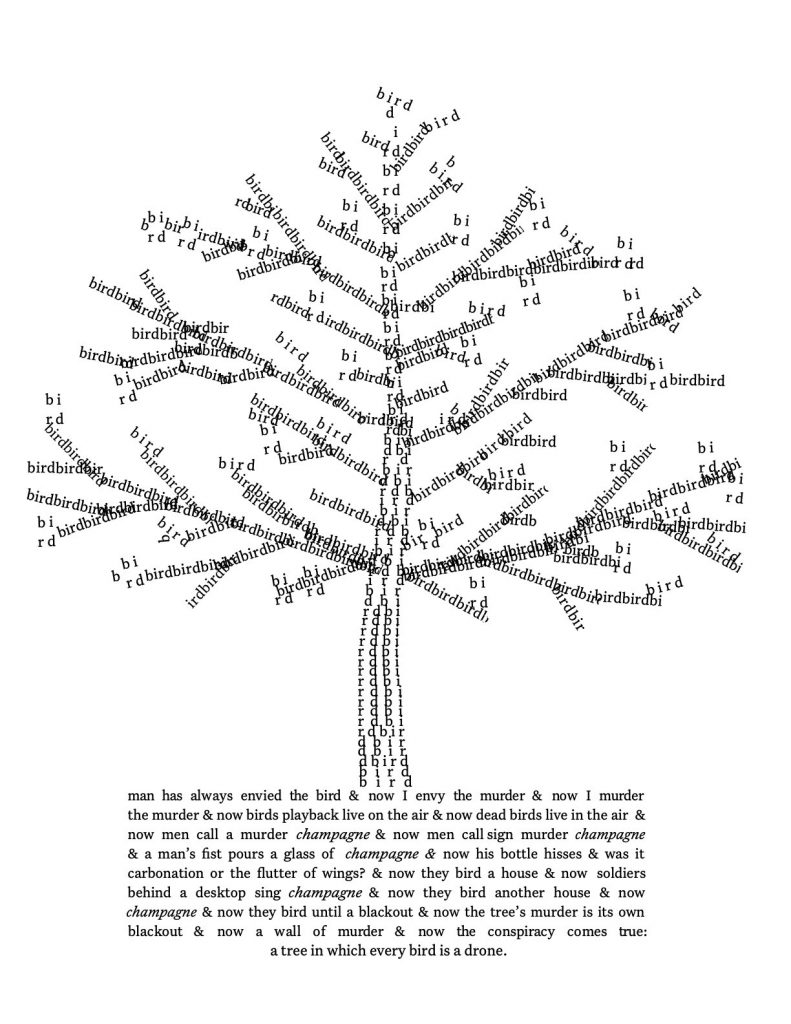4.25 miles
minnehaha falls and back
56 degrees
Hailed this morning for a few minutes. Small pellets today. Yesterday afternoon, golf ball sized ones flinging themselves against the windows. A thunderous noise. Strange weather.
Ran to the falls. Didn’t realize it until much later, but my watch died 30 seconds in. I need to get a new watch, or stop wearing a watch. I’m thinking about the latter. Earlier on, wearing a watch and tracking my miles, pace, minutes exercised, calories burned seemed important as motivation. Now I don’t really need it…or want it. Maybe I’ll try not having it this summer and see how that works (or doesn’t work).
Ran to the falls without headphones, listening to the kids playing at the Dowling Elementary School playground. A few weeks ago, I wrote about the kids at the Minnehaha Academy playground and how their yells seemed menancing and mean. Today’s kids were not mean but out of control with exuberance. Not completely joyful, but not unjoyful either. As I listened to the “woo woo woos” and the “aaaaaaaahhhhhhs” I thought about being unhinged or out of control and how it can be connected to a sense of freedom or letting go.
I also thought about soft attention and noticing through the peripheral, not focusing on the edges, but making note of what’s happening there — what’s off to the side or below you. Looking ahead at the trail, I noticed a walker across the road and off to the side of me. I think they were waving their arms. Was it at me as a greeting. Not sure.
There was lots of debris on the sidewalks and the trail from the violent rain/hail last night. Not any big branches, just lots of leaves and twigs and muck. Yuck! Did I see any worms? I don’t think so. Did I look at the river? I think so, but I can’t remember what color it was or if it had any foam on it.
I ran by Minnehaha Creek right before it spilled over the falls. It was high and rushing. I didn’t look at the falls, but I could hear them gushing — or, I felt they were gushing? A school group was there somewhere, but I didn’t run into any of the kids. 2 long rows of porta potties lined the path, ready for the “Women Run the Cities” race tomorrow. I ran it a few pre-pandemic years ago.
When I entered Minnehaha Regional Park, I looped around the falls, then stopped to take off my sweatshirt and put in my headphones. The first song I listened to was Paramore’s “Misery Business.” It’s 173 bpm and helps me lock into a quick, steady rhythm. After that, Foo Fighter’s “The Pretender” helped me keep that rhythm. No more thinking about anything, just steadily moving.
10 Things I Noticed
- a frantic squirrel almost jumped out in front of me, but quickly turned and ran up the tree next to me
- I just remembered that the school group I mentioned above was below me, at the spot where the creek collects and kids wade in the summer
- a few big puddles on the path — I avoided all of them
- the sewer pipes were all dripping or gushing
- I waved to at least 2 other runners
- a biker whizzed by me from behind — it felt close!
- I encountered a tall runner in shorts and a t-shirt — I think they were both gray — twice, once heading south and once heading north
- no kids at the Minnehaha Falls playground
- someone was stopped at the water fountain in the 36th street parking lot, filling up a water bottle
- At the start and end of my run, as I neared the river, a street crew was blowing smoke through the manhole, checking for sewer cracks and leaks. Smoke billowed up and spreading out across the street
That list of 10 things was hard to create, probably because I had already described so many things I noticed. I can’t believe I almost forgot about the sewer smoke. It was a very memorable sight.
In the Clearing/ Patricia Hopper
After last night’s rain the woods
smell sensual—a mixture of leaves and musk.
The morels have disappeared, and soon I’ll come across
those yellow chanterelles, the kind they sell
in town at the farmers’ market. Once I saw
the Swedish woman who raises her own food
foraging for them, two blond boys
quarreling near the pickup, and the next morning
they were selling them from their stand beside the road.
Out here, among last year’s dead
leaves with the new shoots of spruces
poking through them, I’ve come to the place where light
brightens a glade of ferns and the log someone else
placed here—carved “B.W.”—where I sometimes sit
to listen to the birds. Today the sun is breaking through
the wet branches, revealing a clean sky,
brilliant, cerulean. Then, suddenly, a raft of scudding clouds
promising more rain. If it comes, I’ll read all afternoon—
Henry James, or maybe Eudora Welty’s
Delta Wedding, where so many characters
vie for attention I can never keep them straight.
Here, there’s no one else, no one to worry over
or argue with or love. Maybe the earth was meant
only for this: small comings and goings
on the forest floor, the understory astir
with its own secret life. If I sit still enough
among the damp trees, sometimes I see the world
without myself in it, and—it always surprises me—
nothing at all is lost.
I love how this poem describes the clearing so clearly, and the last few lines about seeing the world without myself in it.
